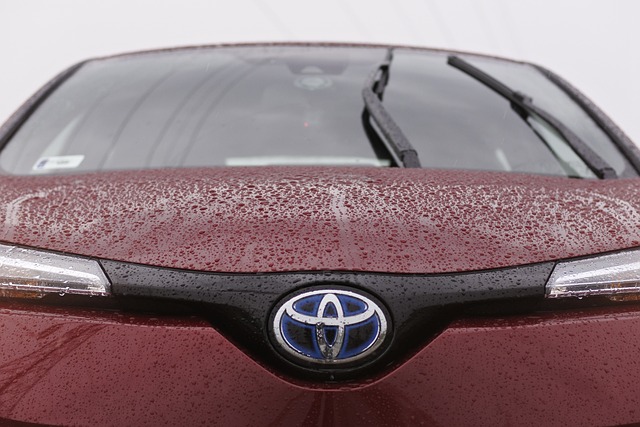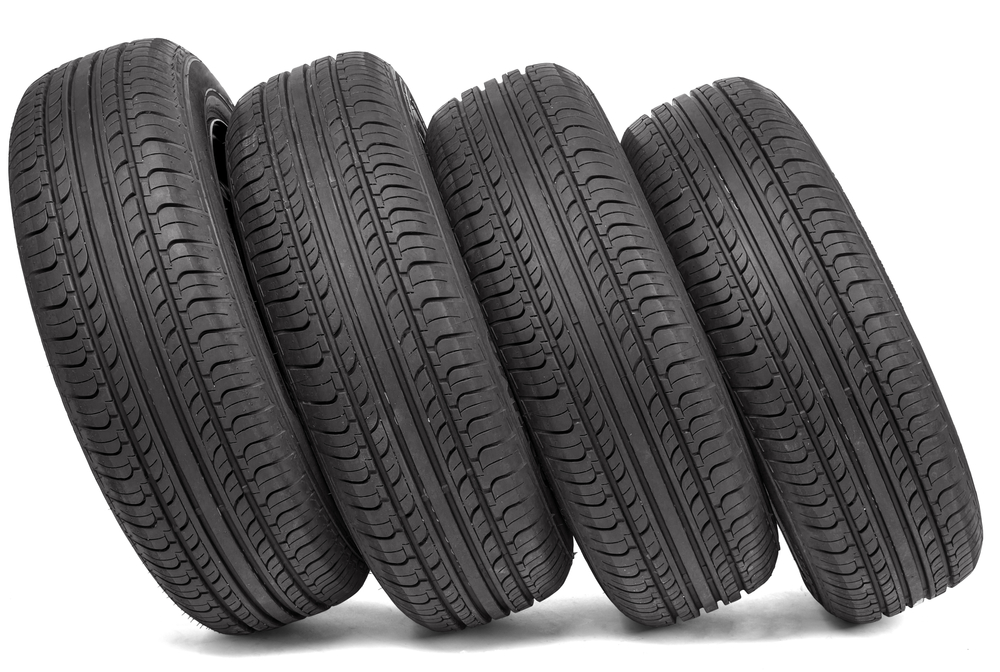Car Auctions and Seized Vehicles Explained for Buyers
Navigating the world of car auctions and seized vehicle sales can be an alternative pathway to vehicle ownership that often provides significant cost savings compared to traditional dealerships. For many Canadian buyers, these auctions represent an opportunity to purchase vehicles at below-market prices. However, understanding the processes, risks, and opportunities involved requires specific knowledge that many first-time buyers lack. This comprehensive guide explores how car auctions work, what seized vehicles are, and how you can participate in these marketplaces effectively.

What Are Car Auctions and How Do They Work in Canada?
Car auctions in Canada operate on a competitive bidding system where vehicles are sold to the highest bidder. These events can be conducted in person at physical auction houses or increasingly through online platforms. Traditional auctions typically require registered bidders to attend in person, where they can inspect vehicles before the bidding begins. The auctioneer starts with a minimum bid, and interested buyers raise their bidding cards or electronic devices to increase the price until no higher bids are offered.
Online car auctions follow similar principles but allow participants to bid remotely from their computers or mobile devices. Many secondhand car auctions Canada now offer hybrid models, combining physical inspections with online bidding capabilities. These auctions may feature vehicles from various sources including dealer trade-ins, fleet vehicles, lease returns, and government-seized assets.
Understanding Seized Vehicles at Police Auctions Canada Cars
Seized vehicles represent a specific category within the auction market. These automobiles are typically confiscated by law enforcement agencies or government bodies due to criminal activity, tax defaults, or customs violations. Police auctions Canada cars often include vehicles that were seized during drug operations, from individuals with unpaid fines, or as part of civil forfeiture programs.
The quality and condition of seized vehicles vary dramatically. Some may be luxury vehicles in excellent condition, while others might have significant wear or damage. Government agencies generally do not make repairs or improvements before auction, selling the vehicles “as is.” This policy creates both opportunity and risk for potential buyers, making thorough pre-purchase inspection particularly important when dealing with seized vehicles.
How to Find and Participate in Secondhand Car Auctions Canada
Finding reputable car auctions requires research and due diligence. Many provincial and municipal police departments maintain websites listing upcoming auctions, or they contract with third-party auction houses to manage these sales. Government auction information can typically be found on official provincial or federal websites.
To participate in secondhand car auctions Canada, buyers usually need to:
-
Register as a bidder (often requiring identification and sometimes a deposit)
-
Research available inventory before the auction date
-
Set a firm budget and stick to it during bidding
-
Arrange for payment methods that meet auction requirements (certified checks, bank drafts, etc.)
-
Plan for vehicle transportation following a successful purchase
Many auctions allow potential bidders to view vehicles before the event, which is strongly recommended. This pre-auction inspection represents your only opportunity to evaluate the vehicle’s condition, as most auction purchases are final sales with no returns or warranties.
Online Car Auctions Canada: Benefits and Considerations
Online car auctions Canada have revolutionized the auction market by making these sales accessible to a broader audience. These platforms eliminate geographical limitations and often provide detailed vehicle information, multiple photos, and sometimes inspection reports. Popular online auction sites in Canada include ADESA, Manheim, GCSurplus (for government vehicles), and Police Auctions Canada.
The convenience of online bidding comes with certain considerations. Without physical inspection, buyers must rely on descriptions and images, potentially increasing purchase risk. Many online platforms offer vehicle history reports and third-party inspection services to mitigate this risk. Additionally, online auctions may include buyer’s premiums, transportation costs, and other fees that should be factored into your budget.
Cars Available Immediately: What to Expect After Winning a Bid
One advantage of auction purchases is that cars available immediately often become yours once payment clears. However, the post-auction process varies between auction houses. After winning a bid, buyers typically:
-
Pay the full amount plus applicable buyer’s fees and taxes
-
Complete ownership transfer paperwork
-
Arrange for vehicle removal from the auction location
-
Obtain temporary permits if necessary for transportation
-
Schedule mechanical inspections before regular use
Most auction houses provide a limited timeframe (often 24-48 hours) for vehicle removal before storage fees apply. Unlike traditional dealership purchases, auction vehicles rarely come with warranty coverage, making post-purchase mechanical inspection particularly important. Some buyers arrange for mobile mechanics to inspect vehicles at the auction site before driving them home.
Pricing and Value Comparison at Different Auction Types
The potential savings at various types of car auctions can vary significantly depending on the auction type, vehicle condition, and market demand. Understanding these differences can help buyers make informed decisions about where to focus their efforts.
| Auction Type | Average Discount vs. Retail | Typical Vehicle Condition | Additional Fees |
|---|---|---|---|
| Police Auctions | 30-50% below market | Variable, often as-is | 5-10% buyer’s premium |
| Government Surplus | 20-40% below market | Maintained fleet vehicles | Administrative fees |
| Bank Repossessions | 15-30% below market | Generally good condition | 5-15% buyer’s premium |
| Insurance Salvage | 50-70% below market | Damaged/rebuilt status | Reconditioning costs |
| Dealer Auctions | 10-20% below market | Inspected, sometimes certified | Membership/access fees |
Prices, rates, or cost estimates mentioned in this article are based on the latest available information but may change over time. Independent research is advised before making financial decisions.
While auctions can provide significant savings, buyers should always calculate the total cost including fees, potential repairs, and transportation expenses when evaluating the true value of an auction purchase. Vehicles with clean histories and good documentation typically command higher prices even at auction, while those with uncertain histories or mechanical issues sell at deeper discounts.
Making Smart Decisions at Car Auctions
Successfully navigating car auctions requires preparation, patience, and discipline. Experienced auction buyers recommend establishing a maximum bid amount before the auction begins and adhering strictly to this limit regardless of competitive pressure. Research comparable vehicles in the retail market to understand fair values, and always factor in potential repair costs when setting your maximum bid.
For seized vehicles specifically, understanding the vehicle’s history can be challenging as documentation may be limited. When possible, use vehicle identification numbers to obtain history reports independently. Many successful auction buyers bring experienced mechanics to pre-auction viewings or focus on vehicles with comprehensive maintenance records.
Remember that while auction prices may seem attractive, the “as is” nature of most sales means the responsibility for any undiscovered issues falls entirely on the buyer. This reality makes auctions better suited for buyers with mechanical knowledge or those willing to accept some risk in exchange for potential savings.




